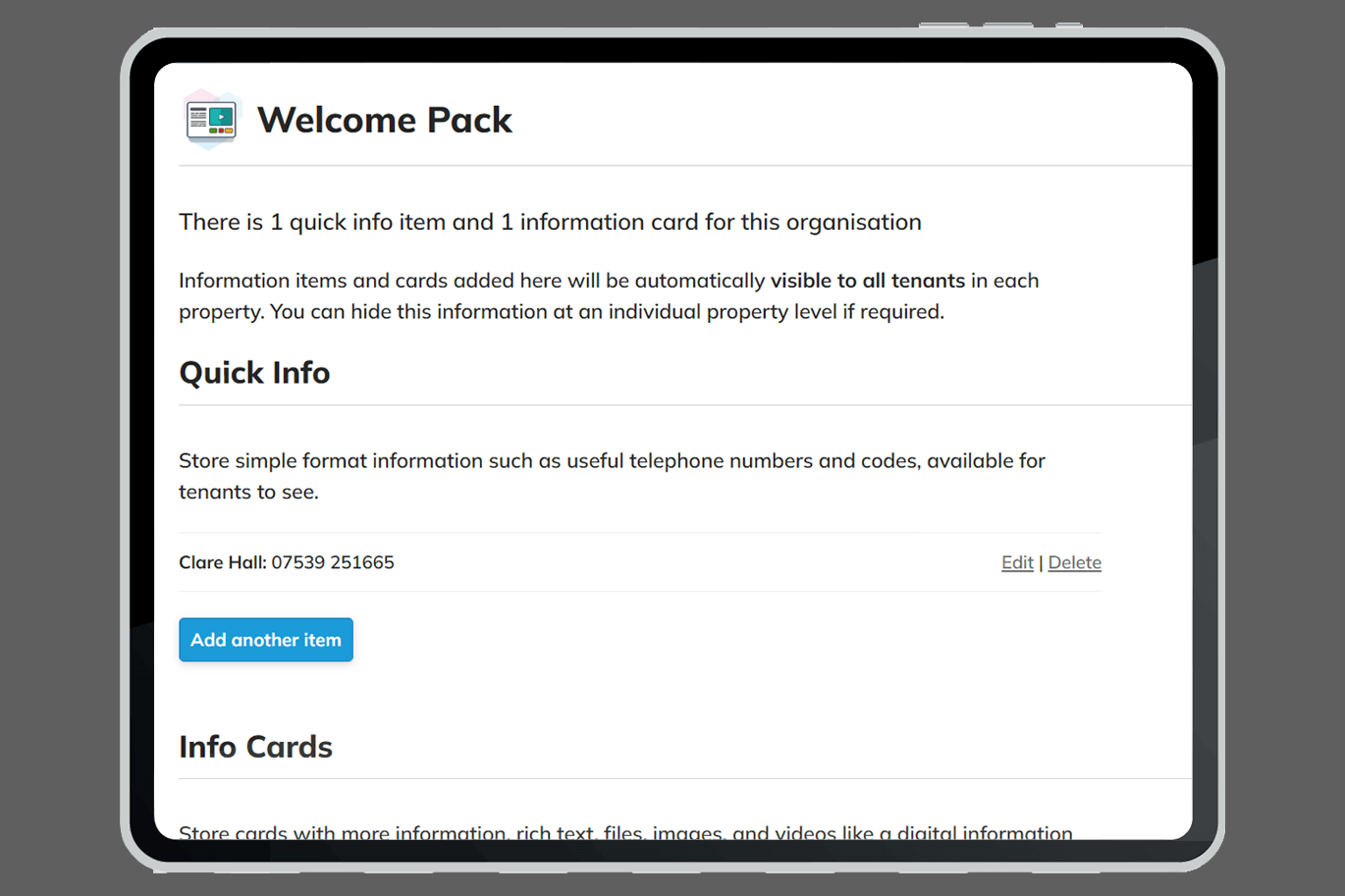Are you familiar with the feeling of having missed something? It is irking when you can’t quite still that mental itch, and put your finger on what it is that you have forgotten.
You’re going about your day, ticking jobs off from your ‘to do list’, but something is missing! Order a new washing machine. Done. Arrange a viewing for the property you’ve got your beady eye on. Bagged a slot. But you keep trying to dredge the murky depths of your brain for that one thing that’s evading your tick sheet.
I think we’ve all been there…it could be as simple as you forgot to put the bins out, but it might be as crucial as not updating your gas safety certificate for one of your HMO properties. Now that is a problem. You’re investing in your future with your properties, right? Well, your investment has just become a liability. Failure to comply with the requirements of your HMO license could land you a fixed penalty notice of up to £30,000 or an unlimited fine if you are prosecuted. In fact, a London based lettings company were ordered to pay fines exceeding £100,000 earlier this year for letting an unsafe and unlicensed HMO. Your reputation is key to finding excellent tenants for your properties, and if you’re looking for investors to help you grow your portfolio, you need to be squeaky clean. But most importantly, your tenants deserve to live in a safe and well-maintained environment, managed by someone who cares about their well-being.
Staying compliant can feel like a minefield, so to help you navigate your way safely through your compliance renewals we have put together a checklist…you’re welcome!
HMO License — Renew every 5 years
You need a separate license for each HMO that you own or manage. These are non-transferable; meaning if you buy a property that is already running as an HMO, you will need to apply for a new license for this property. Mandatory licensing applies to all properties housing 5 or more occupants from more than 1 household. Additional licensing applies to properties housing 3 or more people from more than 1 household, the requirement of which differs between local authorities. Within your HMO license you may need to comply with regulations stipulated by your local authority relating to:
Gas Safety Certificate — Renew every 12 months
You must complete a gas safety check annually and this should always be carried out by a suitably trained Gas Safe registered engineer.
Energy Performance Certificate (EPC) — Renew every 10 years
It is a bit woolly as to whether it is a legal obligation for an HMO manager or landlord to provide this document to new tenants, especially if your tenancies are inclusive of bills. In the interest of being thorough, however, it is best practice.
Electrical Installation Condition Report (EICR) — Renew every 5 years
It is your responsibility to ensure that your property’s electrical system is free from faults to reduce the risk of electric shocks or fire. Electrical fires account for the majority of house fires in the UK, so this is pretty important stuff.
Fire Risk Assessment — Regularly
Although it is technically part of the HMO license renewal, it is SO important, it is worthy of its own section.
With over 400 pieces of legislation pertaining to the safe management of HMOs, there is a lot to navigate. Don’t panic. Just get organised.
COHO offers compliance features that works with you. It provides you with the clarification you need to stay on top of your compliance renewals, simply and effectively. All your property compliance needs, all in one place.
Are you familiar with the feeling of having missed something? It is irking when you can’t quite still that mental itch, and put your finger on what it is that you have forgotten.
You’re going about your day, ticking jobs off from your ‘to do list’, but something is missing! Order a new washing machine. Done. Arrange a viewing for the property you’ve got your beady eye on. Bagged a slot. But you keep trying to dredge the murky depths of your brain for that one thing that’s evading your tick sheet.
I think we’ve all been there…it could be as simple as you forgot to put the bins out, but it might be as crucial as not updating your gas safety certificate for one of your HMO properties. Now that is a problem. You’re investing in your future with your properties, right? Well, your investment has just become a liability. Failure to comply with the requirements of your HMO license could land you a fixed penalty notice of up to £30,000 or an unlimited fine if you are prosecuted. In fact, a London based lettings company were ordered to pay fines exceeding £100,000 earlier this year for letting an unsafe and unlicensed HMO. Your reputation is key to finding excellent tenants for your properties, and if you’re looking for investors to help you grow your portfolio, you need to be squeaky clean. But most importantly, your tenants deserve to live in a safe and well-maintained environment, managed by someone who cares about their well-being.
Staying compliant can feel like a minefield, so to help you navigate your way safely through your compliance renewals we have put together a checklist…you’re welcome!
HMO License — Renew every 5 years
You need a separate license for each HMO that you own or manage. These are non-transferable; meaning if you buy a property that is already running as an HMO, you will need to apply for a new license for this property. Mandatory licensing applies to all properties housing 5 or more occupants from more than 1 household. Additional licensing applies to properties housing 3 or more people from more than 1 household, the requirement of which differs between local authorities. Within your HMO license you may need to comply with regulations stipulated by your local authority relating to:
Gas Safety Certificate — Renew every 12 months
You must complete a gas safety check annually and this should always be carried out by a suitably trained Gas Safe registered engineer.
Energy Performance Certificate (EPC) — Renew every 10 years
It is a bit woolly as to whether it is a legal obligation for an HMO manager or landlord to provide this document to new tenants, especially if your tenancies are inclusive of bills. In the interest of being thorough, however, it is best practice.
Electrical Installation Condition Report (EICR) — Renew every 5 years
It is your responsibility to ensure that your property’s electrical system is free from faults to reduce the risk of electric shocks or fire. Electrical fires account for the majority of house fires in the UK, so this is pretty important stuff.
Fire Risk Assessment — Regularly
Although it is technically part of the HMO license renewal, it is SO important, it is worthy of its own section.
With over 400 pieces of legislation pertaining to the safe management of HMOs, there is a lot to navigate. Don’t panic. Just get organised.
COHO offers compliance features that works with you. It provides you with the clarification you need to stay on top of your compliance renewals, simply and effectively. All your property compliance needs, all in one place.





